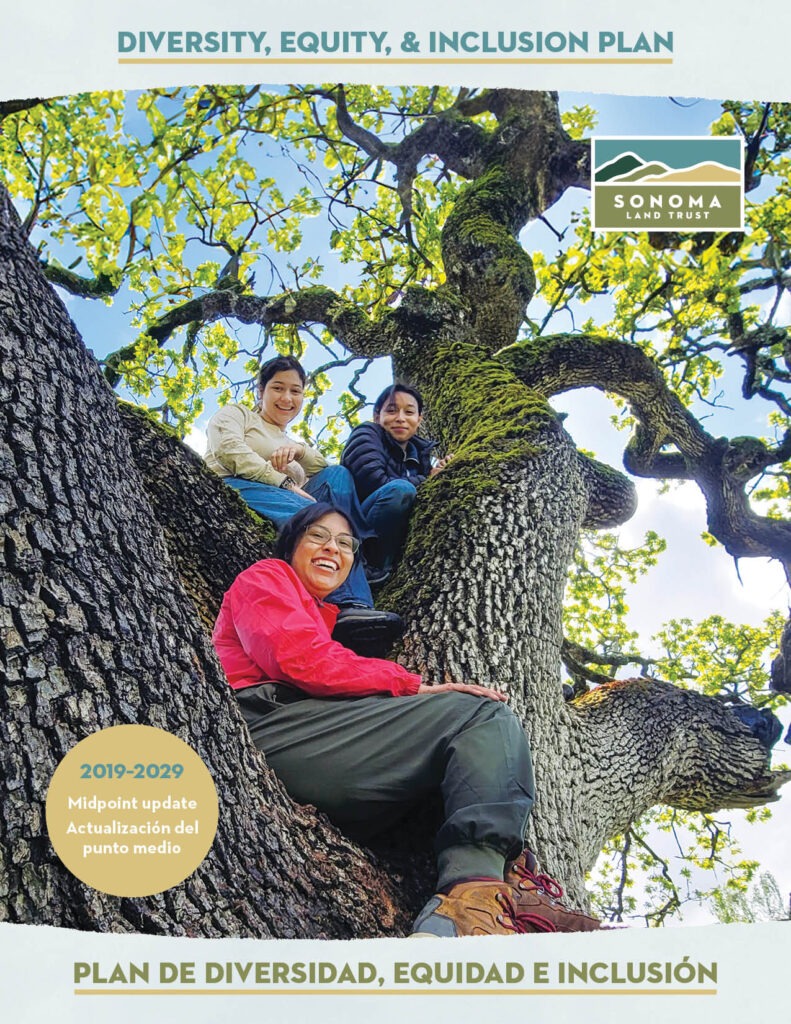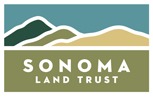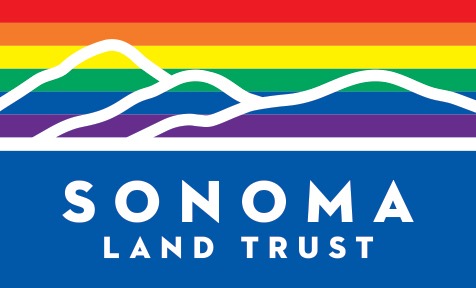Diversity, Equity and Inclusion
Conservation’s Role and History
The environmental conservation movement aims to protect, restore and preserve the Earth for the benefit of humanity and nature, but its foundations are deeply flawed. Conservation has deep roots in creating, perpetuating and benefiting from systemic racism. The founding theories of environmental protection — championed by household names such as Madison Grant, John Muir, Teddy Roosevelt, and Henry Fairfield Osborn — rested on the idea that nature is pure and that people, especially non-white people, were impure and needed to be excluded, marginalized and removed from natural spaces. From the removal of Indigenous communities to create national parks to the disproportionate closures of “colored parks” after desegregation, conservation’s history is rife with racism.
While we now see the abhorrent nature of these policies, the unfortunate truth is that our efforts have benefited and continue to benefit from these racist policies and practices, all while nature continues to suffer. As our understanding of humanity’s role as a part of nature evolves, conservationists must confront and make amends for these longstanding traumas and injustices.

Sonoma Land Trust’s commitment to Diversity, Equity, and Inclusion (DEI)
Since our founding in 1976, Sonoma Land Trust has been focused on conserving the open, natural, and working lands and waters of Sonoma County. Our commitment to diversity, equity, and inclusion is integral, not auxiliary, to our mission as we work in partnership with local communities to secure healthy and thriving futures for all.
To realize this vision, Sonoma Land Trust has undertaken a collaborative effort, uniting the voices and contributions of both our dedicated staff and respected board members.
Through an inclusive process that embraces diverse perspectives and experiences, we strive to embody our values and translate them into tangible action through this midpoint update of our 10-year plan.
Read the 2024 mid-point update of our DEI plan here.
A Plan for the Future
To achieve our mission of protecting the land of Sonoma County forever, we need an array of voices reflecting our community — a rich diversity of talent, backgrounds and beliefs — embodied in our board, staff, interns, volunteers, landowners, donors, partners and program participants.
We acknowledge there is much work to do to reach the goal of ensuring that our programs, land preserves and resources are shared equitably with the community. Further, we know there are many people we have yet to engage in our work and we must overcome the cultural, geographic and economic barriers and historical traumas that hinder our progress in doing so.
To best serve the people of our community, we commit to taking the actions outlined in our Diversity, Equity and Inclusion (DEI) Plan over the next 10+ years.
How We Are Improving Our Programs
Climate resilience and equity are central pillars to our 2023−2028 strategic plan. With humility and respect, we look to elevate marginalized voices to better reflect the community we serve and build an inclusive coalition for conservation.
To address longstanding inequities, we are creating and expanding our educational programs with new opportunities for youth, families and Spanish-speaking communities to engage as fresh voices for conservation in Sonoma County.
Our land protection teams are reevaluating our traditional conservation strategies to include principles of equity and inclusion. By including community impacts as a conservation value and focusing efforts to maximize benefits for marginalized communities, we are seeking outcomes that expand access to open spaces and increase connectivity near urban centers.
In our efforts to care for these lands, we commit ourselves to learn and implement traditional land stewarding practices developed over the millennia by the Indigenous nations who have resided on these lands since time immemorial.
Education and Community Programs
Parks and Access
- Sonoma Developmental Center
- Santa Rosa Southeast Greenway
- Petaluma River Park
- Fitzsimmons Ranch
- Expanding Taylor Mountain
- McCormick Ranch
Caring for the Land
Standing with the LGBTQIA+ Community
Sonoma Land Trust is committed to creating a culture and workplace that cultivates belonging by celebrating diversity and valuing the voices and contributions of all employees, board members, interns, volunteers, partners, and program participants. We are proud and enthusiastic members, allies, and supporters of the LGBTQIA+ community, and we stand firmly against all forms of bias and exclusion. Read our statement of support to learn more.
Starting at Home
We are committed to creating an inclusive workspace that respects individuals, celebrates differences and actively works to include voices and ideas from all employees, board members and volunteers. Part of our efforts include evaluating our operational processes and structures to reduce bias, enhance creativity and implement best practices in inclusive hiring, staff retention and advancement. We strive to create a culture that centers a growth mindset, curiosity and collaboration. The Land Trust seeks accountability for our staff and conservation strategies, and we are committed to tracking our progress and efforts. Reach out to learn more about our internal policies and tracking processes.
Communicating Our Values
We seek to communicate in ways that reflect our values, and to share our platform with and welcome the voices and ideas of the Black, Indigenous and People of Color (BIPOC) communities. The Land Trust speaks out against hate and racism and stands for justice and equity. We oppose repression and marginalization in all forms and embrace dialogue and alternative points of view. We seek to embody these commitments with meaningful actions to return power and agency to marginalized communities in the support of conservation in Sonoma County and beyond.

